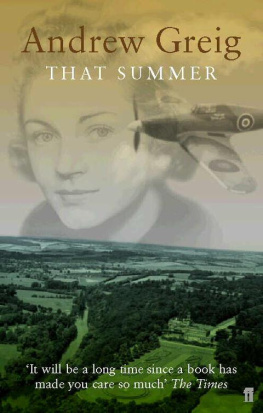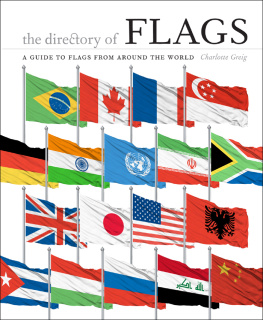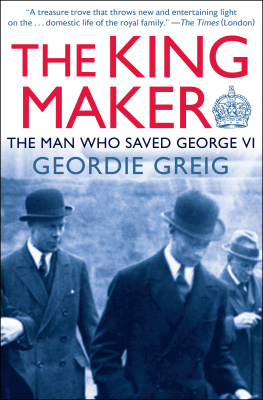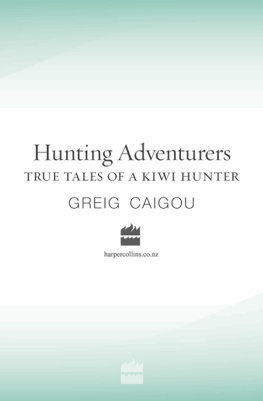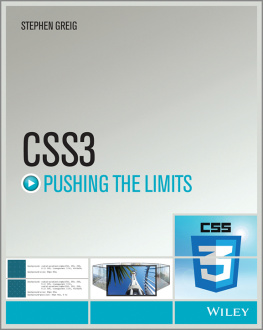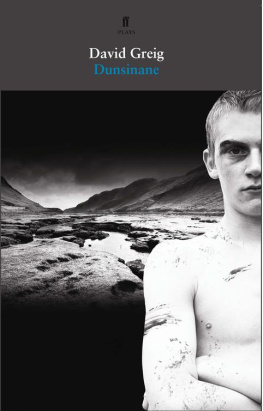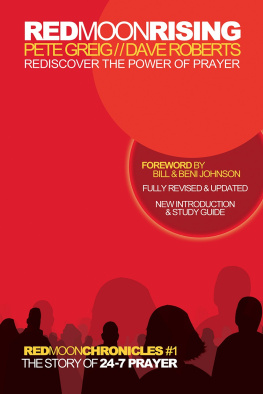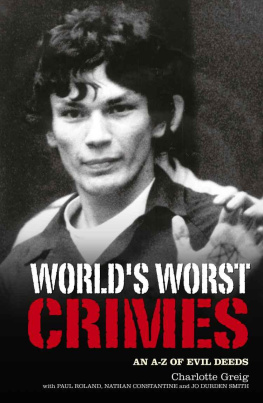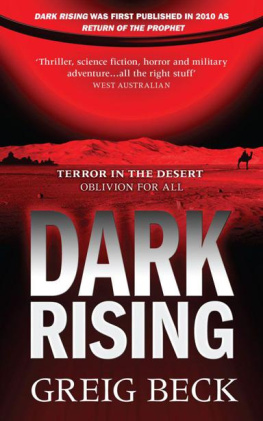Andrew Greig - That Summer
Here you can read online Andrew Greig - That Summer full text of the book (entire story) in english for free. Download pdf and epub, get meaning, cover and reviews about this ebook. year: 0, genre: Art. Description of the work, (preface) as well as reviews are available. Best literature library LitArk.com created for fans of good reading and offers a wide selection of genres:
Romance novel
Science fiction
Adventure
Detective
Science
History
Home and family
Prose
Art
Politics
Computer
Non-fiction
Religion
Business
Children
Humor
Choose a favorite category and find really read worthwhile books. Enjoy immersion in the world of imagination, feel the emotions of the characters or learn something new for yourself, make an fascinating discovery.
- Book:That Summer
- Author:
- Genre:
- Year:0
- Rating:3 / 5
- Favourites:Add to favourites
- Your mark:
- 60
- 1
- 2
- 3
- 4
- 5
That Summer: summary, description and annotation
We offer to read an annotation, description, summary or preface (depends on what the author of the book "That Summer" wrote himself). If you haven't found the necessary information about the book — write in the comments, we will try to find it.
That Summer — read online for free the complete book (whole text) full work
Below is the text of the book, divided by pages. System saving the place of the last page read, allows you to conveniently read the book "That Summer" online for free, without having to search again every time where you left off. Put a bookmark, and you can go to the page where you finished reading at any time.
Font size:
Interval:
Bookmark:

To the vanishing generation
Above my bed, when I was young, the Airfix kits, the Hurricane, Spitfire, Messerschmitt, spun on their threads in the draught.
One by one they will return, throttling down over perimeter wires of forgotten airfields, then taxi up to abandoned huts. Down the bramble-choked lane come the women and men on bicycles, others on foot, the sound of their voices light and drifting as a summer swarm as they pass through the rusting gates, waving to the CO gliding by in his Lagonda.
The pilots jump down from their planes, knees bending as they hit the ground. A few stumble, awkward with their parachutes bumping at the back of their thighs. Some wave, some call, but their voices are so light they are borne away on the summer breeze. A faint rain is starting to fall and clings, shimmering, to their grey-blue uniforms.
The two groups meet and mingle. Handshakes and pats on the back. A hug and a light kiss on a cheek, postponed for sixty years. A black Labrador runs through legs and is greeted by a bulky man who kneels to embrace him. As they tussle, some drift over to the aircraft whose manifolds steam in the drizzle. These are mostly men, the fitters, riggers and armourers. They stroke the wings, run fingers over the blown-away fragments of cloth that once covered the gun ports, curse quietly.
Others look around in the rain at the rutted grass, the cracked concrete where the youth of the town race motorbikes and go-karts at weekends, the husks of Nissen huts. The control tower still stands though its windows are blank, the aerials bent and rusting. Some of the WAAFs move towards the concrete filter room, passing over the foundations of the communications hut. In the mud on the floor of the Anderson shelter one crouches and digs up the remains of an old Picture Post. She peels the pages apart and out falls a wizened French letter. She shrugs, others laugh. The youngest bites her lip.
Nearly all smoke. They pass cigarettes between them like benedictions, like tokens of belonging. After all, they need take no heed of health warnings, even if there were any on the packets they slip from breast pockets, flip open, light up, then breathe into the warm, damp air.
They talk in small groups. The pilots gesture with their hands, showing how it happened. They argue still over numbers and formations. One shows with the side of his hand dropping earthwards how he had peeled away, then steadied and came up behind his other hand, flying level. Then both start to shake. The others nod and laugh, quiet but persistent as memory.
So they talk and drift till the drizzle slows then stops. Cigarettes are squashed under shoes and flying boots, ties are pushed up under collars, caps are straightened or set at precise, jaunty angles that pass just inside regulations. The couple who have been entwined since the beginning come back from the woods by the perimeter fence. The bells of the bicycles ring faintly as they fade up the lane. The propellers blur as the engines rev in whispers. Then one by one they take off and climb above the clouds where it is always blue, burning and burning at that summers end.
There are some radio telephone signals from that summer pilots taking directions from the women who controlled them from the ground, or screaming at each other to get in formation that have become trapped between the ground and the Heaviside layer. They bounce back and forward like tennis balls in some endless rally, for they dont decay. Once in a while a radio ham, idly skimming the airwaves late at night, will suddenly be listening to men and women controlling, flying, singing, cursing, dying. All present in the headphones though they are long gone.
And among the few trees that are left beyond the rusting perimeter fence, there is a trunk with large distorted letters bearing a name and a date. It was carved by the other one, the lanky tired one who stands half in, half out the bedroom window of a house in the post-war estate, his tan boots sunk a foot below the floor. The one with his long back turned, whose right arm hangs slightly crooked, who is always starting to turn round, who never fully turns round, whose face would be so familiar. Who speaks in the dark:
Late June 1940
First time I saw Tad he was standing in the Botanical Gardens near the station with a brown trilby shading his eyes and his foot on the stump of a 300-million-year-old fossilized tree. He was staring at it like a hunter gazing down at the lion hed shot. The same look of awe and regret and something.
I lowered my heavy kitbag and stood near him, reading the plaque. Tried to imagine this part of England near the equator and covered in steamy swamps, the huge primitive trees tow-ering over our heads. Thought of the great changes that had taken place, and of the one that was happening right now, and then it didnt seem quite so important and that was a relief.
The figure beside me stirred then straightened up. I felt his eyes flick over me, my uniform still blue and stiff, my kitbag.
Yes, my friend, he said, as though continuing a conversation. His voice was throaty and quite strongly accented. This is very old, you see. He tapped the stone tree with a spotless brogue shoe. But we are alive and it is not. So we are one up.
I nodded. So that had been the other part in his expression: quiet triumph. I nodded as though addressing strangers was normal, put it down to his foreignness. And the War.
Yes, I said. But what will be left of us?
He laughed then. An easy laugh that I hadnt expected from his heavy, serious face.
Nothing, my friend! He held out his hand, it was surprisingly small. I automatically took it, as though this was quite normal. But then, very little was normal recently.
So you are the gloomy type, he said. I am Tadeusz. I am from Poland but not gloomy, you know.
I didnt know if Tadeusz was his first or second name. He said it as though it was a title.
Leonard Westbourne, I said, though people call me Len.
Ah yes, the English nickname of intimacy! In that case, you may call me Tad, I think it simpler for you.
His face suddenly lit up in a smile that brightened the grey day around us. But it wasnt directed at me. With a gesture at once formal and natural he removed his hat and inclined his head as he clicked his heels together. I looked round. A tall and strikingly pretty woman was approaching us.
Good day, madam! he said. I trust you are well?
She hesitated. I watched several impulses chase across her face. Who is this lunatic? Have we met before? Then something in the warmth of his smile, the deference of his gesture must have reassured her.
Very well, thank you, she said. Then she walked on and past us but something about the set of her head suggested she was smiling.
Tad looked after her as if it pleased him to see something so fine. Then he clapped me on the shoulder.
You see, Len, he said, life is short but there are many possibilities. Was she not beautiful?
Maybe, I said. I hefted my kitbag onto my shoulder. But Ive a train to catch.
Then without the trilby shading them, I saw his eyes. They were near-black, hot and restless and suddenly serious.
Yes, he said. We do not forget the War. Never!
He said it with such conviction as if it were a curse, such passion that could never be English. Then he put his hand on my arm.
Come, my friend, let us go to the station and join our squadron and fight this war.
I stared at him, at his expensive suit. He was quite short and wide, big-boned. With his hunched shoulders and large mobile head and hot dark eyes he suddenly reminded me of a hawk. That same concentrated force. He looked back at me and chuckled at my astonishment.
Font size:
Interval:
Bookmark:
Similar books «That Summer»
Look at similar books to That Summer. We have selected literature similar in name and meaning in the hope of providing readers with more options to find new, interesting, not yet read works.
Discussion, reviews of the book That Summer and just readers' own opinions. Leave your comments, write what you think about the work, its meaning or the main characters. Specify what exactly you liked and what you didn't like, and why you think so.

